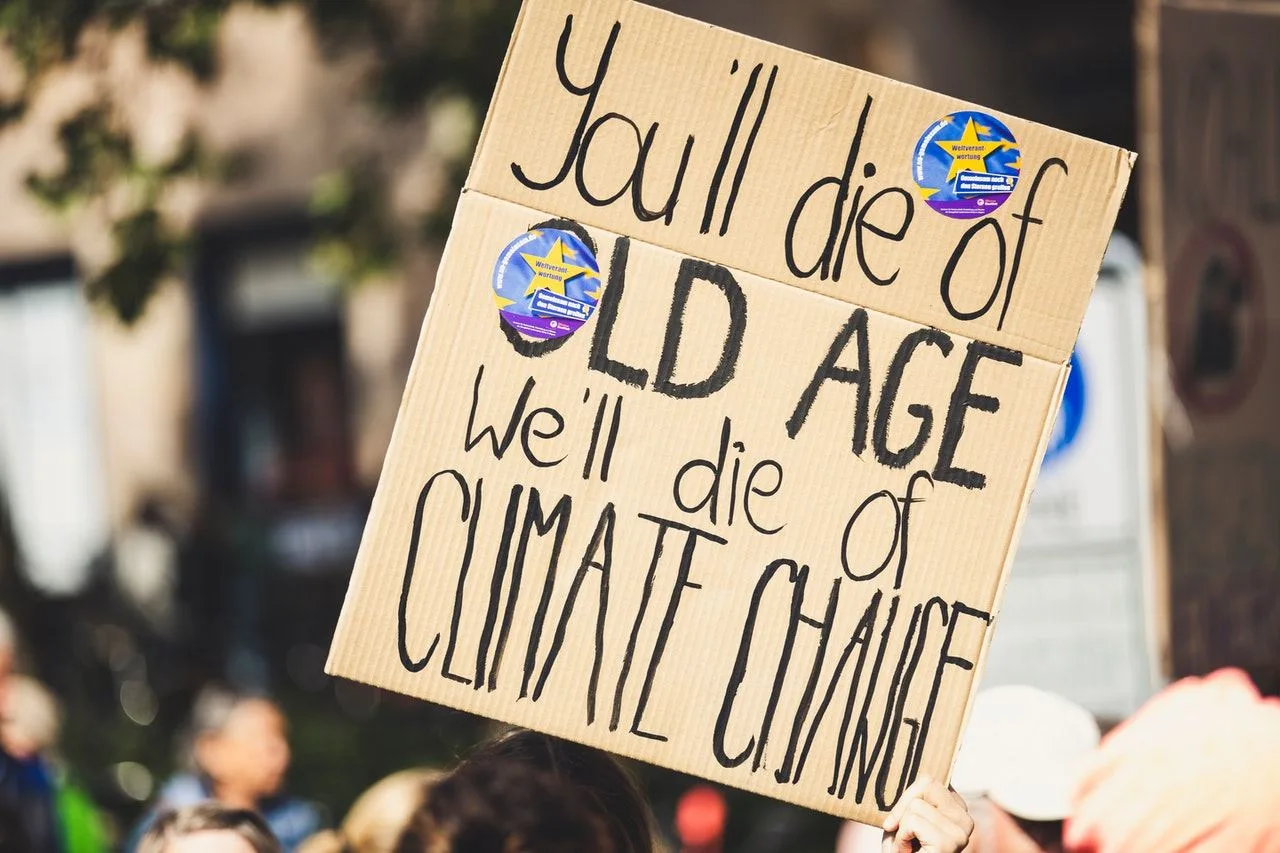We all understand that climate change can have a disastrous effect on the planet. A 2020 report from the Lancet cited climate change as the biggest global public health threat of the century. We need to act now if we want to protect the health of our planet as well as longevity. In fact, a new study has come out to show that if we act now and take control of carbon emissions, we could help prevent millions of premature deaths that climate change is set to cause by 2100.
The mortality cost of carbon
The study, published in Nature Communications, coined the term “mortality cost of carbon” to refer to future lives that could be lost if we do not decrease our current carbon emissions.
For the study, the researcher used a personally updated model developed by Nobel Prize winner William Nordhaus. The model the Yale climate economist created helped form a link between various climate situations and their economic impacts. In doing so, the model helped to calculate the social cost of carbon. It also showed how to figure out the best plan for reducing emissions.

Photo by Markus Spiske on Unsplash
In reference to the study, the researcher wanted to use the model in order to draw attention to the social cost of climate change. So, they calculated the number of direct heat deaths that would be caused by the current global-warming trajectories.
“Based on the decisions made by individuals, businesses or governments, this tells you how many lives will be lost, or saved,” said study author R. Daniel Bressler, a Ph.D. candidate at Columbia University’s Earth Institute and the university’s School of Public and International Affairs, “It quantifies the mortality impact of those decisions. It brings this question down to a more personal, understandable level.”
Climate change is a pandemic
According to Bressler’s model, every 4 434 tons of CO2 released in the Earth’s atmosphere in 2020 will kill one person this century. Additionally, Earth is expected to warm by 4.1 Celsius by 2100. 4 434 tons of CO2 is the total lifetime emissions of 3.5 Americans, whereas globally 4 434 tons of CO2 is equal to the lifetime emissions of 12.8 people.

Photo by Markus Spiske on Unsplash
Bressler also found that one million metric tons of CO2 emitted in 2020 could lead to 226 premature deaths by the end of the century. One million metric tons of CO2 is the same amount 35 commercial planes, 216 000 cars, or 115 000 American homes release in a year.
What’s more, Bressler found that while countries like China, India, and the United States are more responsible for global emissions, most of the deaths are set to occur in Earth’s hottest and poorest regions. These areas are found in Africa, the Middle East, and South Asia. Ironically, the areas less responsible for global emissions are to be the most affected by climate change.
Numbers are a vast underestimate
Bressler only focused on temperature-related deaths. He left out deaths caused by climate disasters like storms, floods, crop failures, infectious diseases, or wars. As such, he admits that the forecast could in fact “be a vast underestimate”. The real number of deaths could be greater, or even smaller. Nonetheless, it doesn’t take away from the fact that we need a plan to tackle carbon emissions.

Photo by Matt Palmer on Unsplash
Our time has run out – we need to act now
“One key takeaway is that there are a significant number of lives that can be saved by reducing emissions,” says Bressler.
Bressler also noted that by cutting greenhouse gas emissions to zero by 2050, we could save about 74 million lives this century. While people and their communities should find a way to combat climate change, the real work lies with institutions,
“People shouldn’t take their per-person mortality emissions too personally,” said Bressler, adding that governments need to mobilize “large-scale policies such as carbon pricing, cap and trade and investments in low carbon technologies and energy storage.“

Photo by Nicholas Doherty on Unsplash
Where can these institutions start? Bressler suggests replacing one coal-fired power plant with a zero-emissions alternative in just one year. Doing so, he believes, could result in a “mortality benefit of saving 904 lives” over the century.
“That would be a lot more impact than a personal decision,” he said. However, his suggestion doesn’t mean that this approach is the only way to deal with growing carbon emissions,
“I’m just quantifying things,” he said, adding that ultimately, “you just have to reduce carbon.”
References
Bressler, R.D. (2021). The mortality cost of carbon. Nat Commun 12, 4467. https://doi.org/10.1038/s41467-021-24487-w
Watts, N., Amann, M., Arnell, N., Ayeb-Karlsson, S., et al. (2021). The 2020 report of The Lancet Countdown on health and climate change: responding to converging crises. Lancet (London, England), 397(10269), 129–170. https://doi.org/10.1016/S0140-6736(20)32290-X





![women [longevity live]](https://longevitylive.com/wp-content/uploads/2020/01/photo-of-women-walking-down-the-street-1116984-100x100.jpg)









